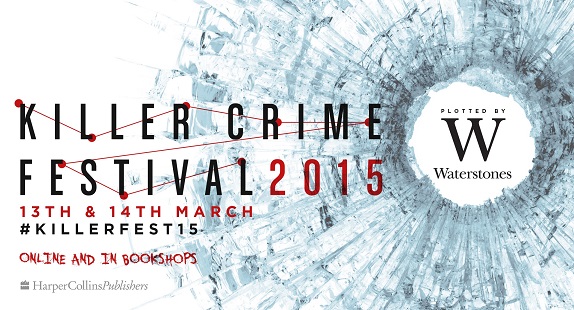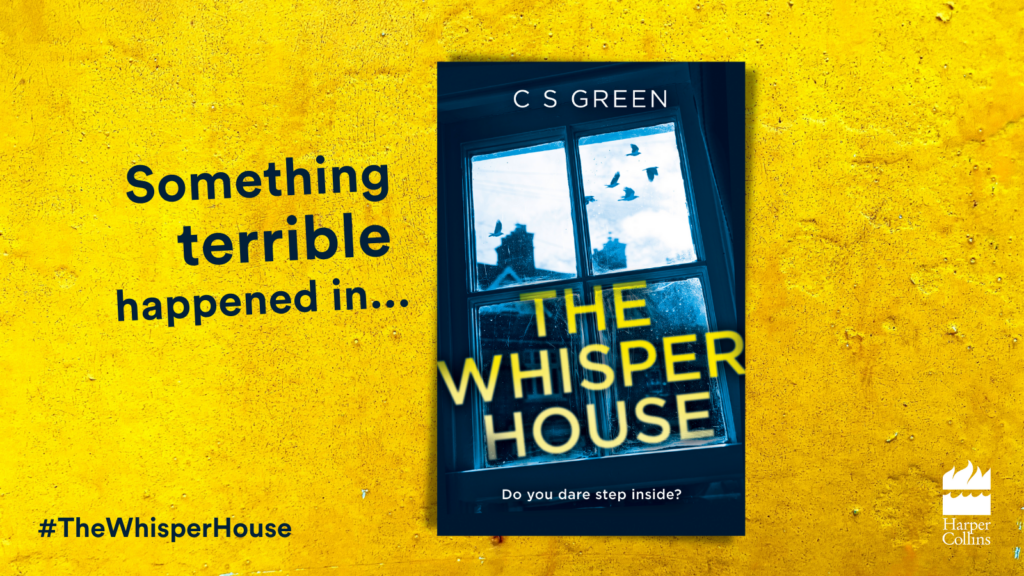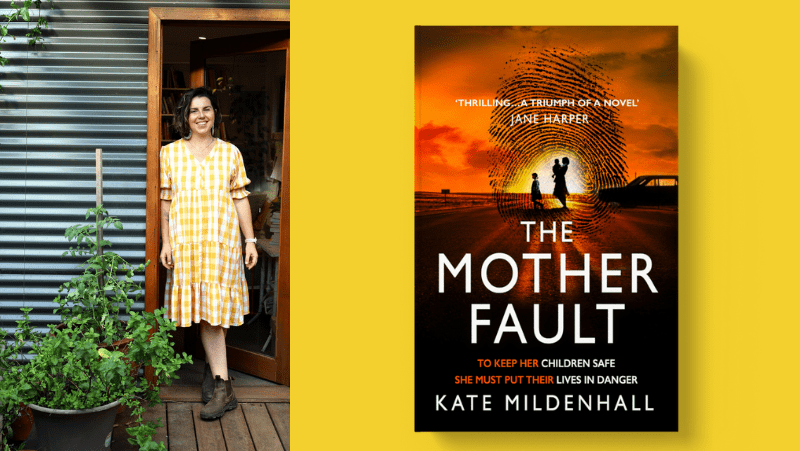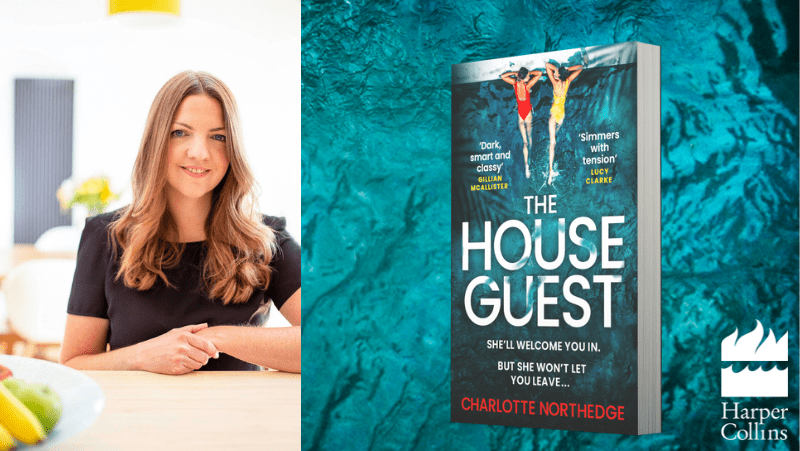There’s a great little story (probably apocryphal) about an American screenwriter, who told his family that when he died, he wanted this epitaph chiselled into his gravestone: At Last, A Plot.
Why does the anecdote resonate, especially with anyone who has tried to write fiction, especially thrillers? Because, after a few years in the business, you realise the fierce truth: in the end it all comes down to plot. To narrative. To Story. Plotting is to writing as melody is to music: find a good tune and you can sit back and reap the royalties. But good tunes are rare, and so are good plots. Hence the bittersweet yearning of that screenwriter’s epitaph.
Put it that way and the fundamental importance of plot seems obvious. Yet it took me several years, heck, several decades, of writing largely unplotted (and fairly unsellable) literary fiction before I realised that I needed, first of all, a good solid story. Then I should concentrate on the other stuff: characters, locations, nice sentences.
My epiphany came in two stages. First I read Robert McCrum’s excellent biography of P G Wodehouse, in which he revealed that Wodehouse would spend months agonising over a plot, and then, when that job was done, Wodehouse could write the book itself in three weeks. Reading Wodehouse’s comic masterpieces it is not obvious, at first glance, that they are carefully plotted; but dig deeper, and you see that of course they are. Beneath the effortless comic prose the plot is working away, unseen – like brilliant yet silent machinery. Without those plots Wodehouse’s novels would be just a series of gags, and not half as readable.
My second revelation came when I read The Da Vinci Code – and really enjoyed it. I had foolishly expected, given its reputation, to find the dialogue stilted and the prose trite and the love interest ludicrous, and yes, those accusations were halfway true – but they also didn’t matter.
Fifty pages into the book I couldn’t care less about the unbrilliant prose style because I was entirely hooked on the story. Dan Brown was reeling me in, with his chapter-ending cliffhangers, his curious and diverting puzzles, and all those devious narrative twists. Sure, The Da Vinci Code is not War and Peace or Ulysses, but it does not aim to be: what it aims to be is a damn good story, well told, which it is. Hence its success.
And that success, born of good storytelling, did not come easy: Dan Brown took infinite pains to get his plot right, even hanging himself upside down, in the doorway of his study, when he was trying to disentangle some glitch in his narrative (apparently the rush of blood to the head assisted the process).
Ever since these twin insights, as a novelist I’ve always tried to nail the plot, first of all, when writing a thriller. Whether I have succeeded is for others to decide, but I know one thing. I really don’t want my epitaph to be: At Last, A Plot.
Blog by S K Tremayne
Latest book: The Ice Twins



